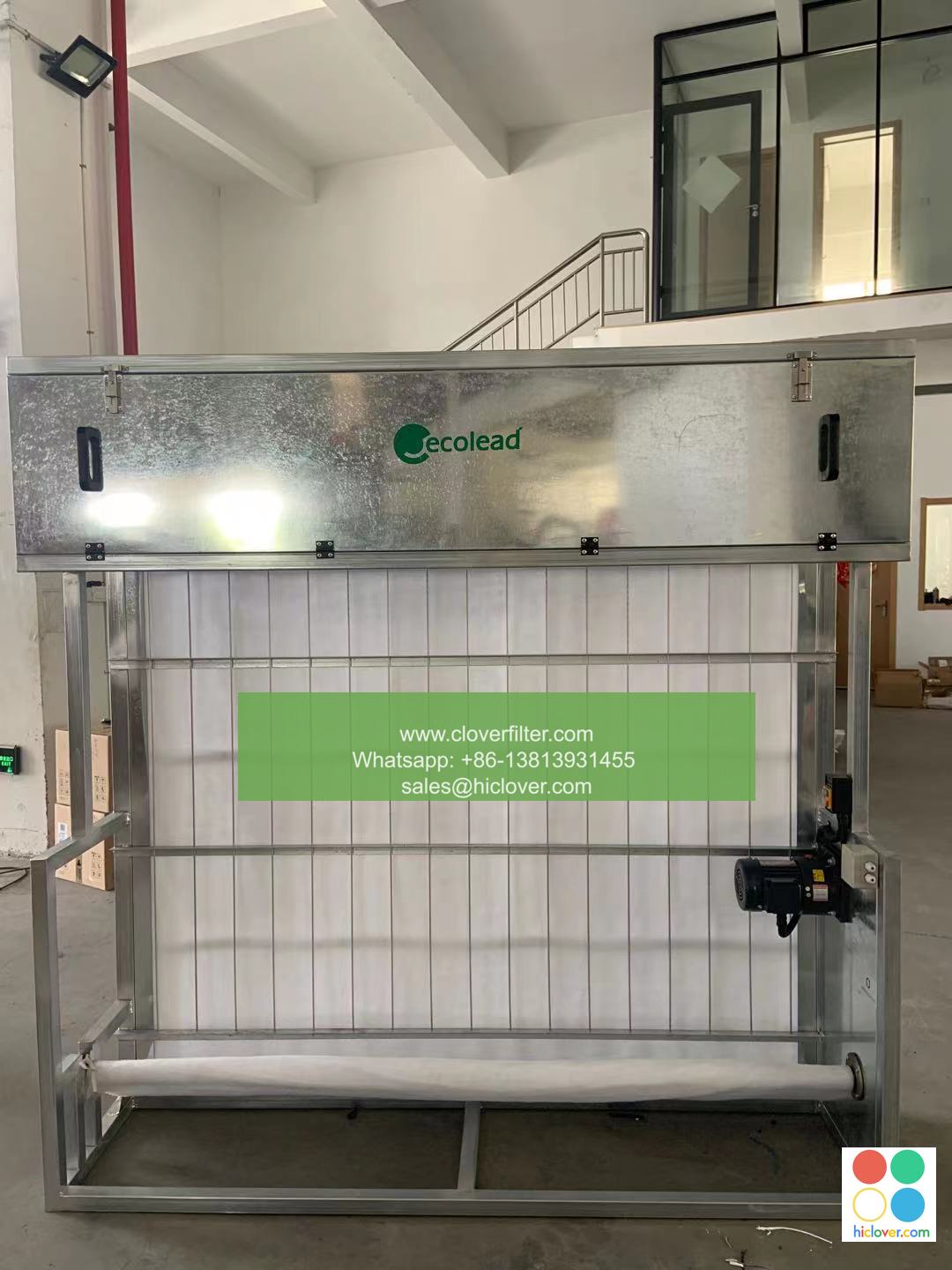Why Compliance with Industry Standards Matters in Air Filtration

The Importance of Compliance with Industry Standards in Air Filtration
Air filtration is a critical aspect of various industries, including healthcare, manufacturing, and HVAC systems. With the increasing awareness of air quality and the impact of airborne pollutants on human health, it is essential to ensure that air filtration systems meet specific standards to provide a safe and healthy environment. In this article, we will explore the importance of compliance with industry standards in air filtration and how it impacts various application areas.
Why Compliance Matters
Compliance with industry standards in air filtration is crucial for several reasons:
Ensuring Safe and Healthy Indoor Air
Compliance with industry standards ensures that air filtration systems can effectively remove airborne pollutants, allergens, and odors, providing a safe and healthy indoor air environment. This is particularly important in industries such as healthcare, where patients are more susceptible to airborne infections.
Meeting Regulatory Requirements
Many industries, such as pharmaceuticals and food processing, are subject to strict regulations and guidelines. Compliance with industry standards ensures that air filtration systems meet these requirements, reducing the risk of contamination and non-compliance.
Reducing Energy Consumption and Costs
Compliant air filtration systems can optimize energy consumption and reduce costs through improved air flow, reduced pressure drops, and increased filter life. This is particularly important in data centers, where energy efficiency is critical to reduce downtime and lower costs.
Improving Air Quality and Reducing Pollution
Compliant air filtration systems can remove pollutants and particles from the air, reducing air pollution and improving air quality. This is essential in industries such as construction, where air pollution can impact worker health and productivity.
Enhancing Reputation and Brand Image
Compliance with industry standards ensures that organizations can maintain a strong reputation and brand image, as it demonstrates a commitment to quality, safety, and environmental responsibility.
Key Industry Standards and Guidelines
ASHRAE
The American Society of Heating, Refrigerating and Air-Conditioning Engineers (ASHRAE) provides guidelines for air filtration systems, including requirements for filter selection, installation, and maintenance.
EU-Centre for Research and Innovation
The EU-Centre for Research and Innovation provides guidelines for air filtration systems in the European Union, including protocols for filter testing and certification.
EPA-Severe Hazardous Waste Treatment
The Environmental Protection Agency (EPA) provides guidelines for severe hazardous waste treatment, including air filtration systems that meet strict emission standards.
ASME
The American Society of Mechanical Engineers (ASME) provides guidelines for air filtration systems in various industries, including HVAC, aerospace, and power generation.
Conclusion
In conclusion, compliance with industry standards in air filtration is critical to ensure safe, healthy, and efficient air quality in various industries. By understanding the importance of compliance and familiarizing oneself with key industry standards and guidelines, organizations can optimize their air filtration systems, reduce costs, and improve their reputation and brand image. Whether in healthcare, manufacturing, or HVAC systems, compliance with industry standards in air filtration is essential for a healthy, safe, and productive environment.
I’m happy to help! What would you like me to assist you with? Do you have a specific question, topic, or task you’d like to discuss?

